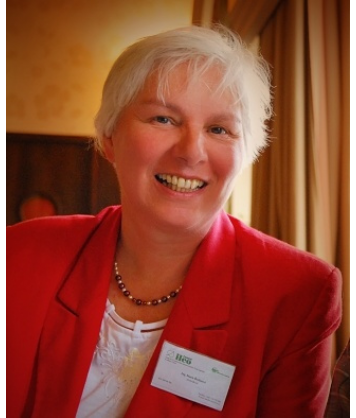COLORECTAL CANCER
Colorectal cancer, also known as colon and rectal cancer, is one of the second most common cancers in men and women in the Czech Republic. The Czech Republic has the highest incidence of colorectal cancer among European countries. Thanks to progress in research and the availability of modern therapeutic and diagnostic methods, this disease is usually diagnosed early. Patients live longer and the treatment has a positive overall impact on the quality of their life.
The tumor can develop in any part of the colon or rectum. The main symptoms of this disease include changes in stool regularity, alternation of diarrhea and constipation, presence of blood in the stool, digestive problems, weight loss, anemia and fatigue. There are usually no symptoms until advanced cancer develops (metastases). This is why colorectal cancer screening is very important. The number of patients with colorectal cancer (CRC) keeps increasing, but mortality is gradually decreasing. The highest chance of a complete cure lies in an early diagnosis of the disease.
Patients with colorectal cancer live longer
„Biological treatment in combination with chemotherapy has significantly advanced the survival rate of patients with generalized cancer. Although advanced colorectal cancer cannot be cured, it is now considered a chronically treatable disease. In addition, tumors diagnosed at an early stage can be permanently cured by surgery and follow-up treatment,“ says Mgr. Jakub Dvořáček, MHA, executive director of the Association of Innovative Pharmaceutical Industry (AIFP).
Today, multiple anticancer drugs are available that can be administered both individually and in combination. “Innovative treatment has a demonstrable impact on prolonging patients' lives. In many cases, patients are not completely cured, but the quality of their life is fundamentally better,” says Bc. Tomáš Kubera, executive director and member of the Executive Board of the civic association ONKOMAJÁK, z.s.
The number of hospitalized patients has dropped by one-third
There is a screening program in the Czech Republic (stool examination and/or colonoscopy) in which people aged 50 or more should periodically participate. In certain cases, such as a genetic burden or the occurrence of alarming symptoms (for example, blood in the stool), an examination at a much younger age is necessary. This helps to diagnose tumors much earlier.
This means that the number of patients is increasing, but mortality is decreasing – e.g. in 2016, there were more than 55,000 patients with this disease in the Czech Republic, but mortality dropped to 3,400 cases. The number of patients requiring hospitalization has also decreased; in 2016, this decrease represented one-third as compared to the year 2009.
„The data from the Czech Social Security Administration also show a total savings of 486 million Czech Crowns on disability pensions due to colorectal cancer between 2010 and 2017,“ concludes Jakub Dvořáček.




